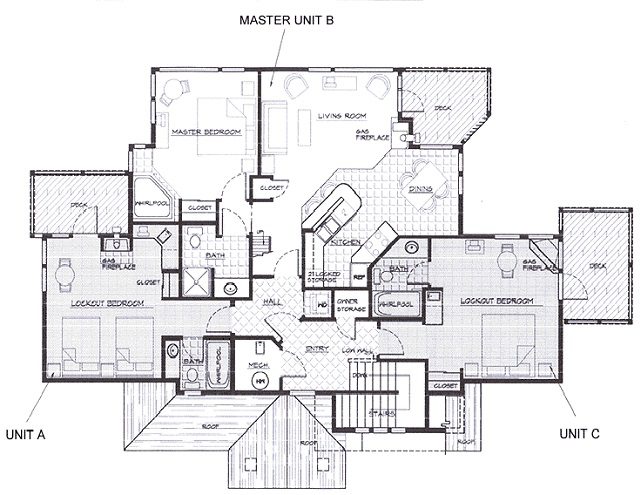Undead
Senior Member
I doubt existing renters will fare well when a bunch of owners foreclose and are forced to rent on top of existing demand.
Fundamentally, we need to get away from a consumption, endless growth economic model which creates perverse incentives to create bubbles like this.
Fundamentally, we need to get away from a consumption, endless growth economic model which creates perverse incentives to create bubbles like this.








